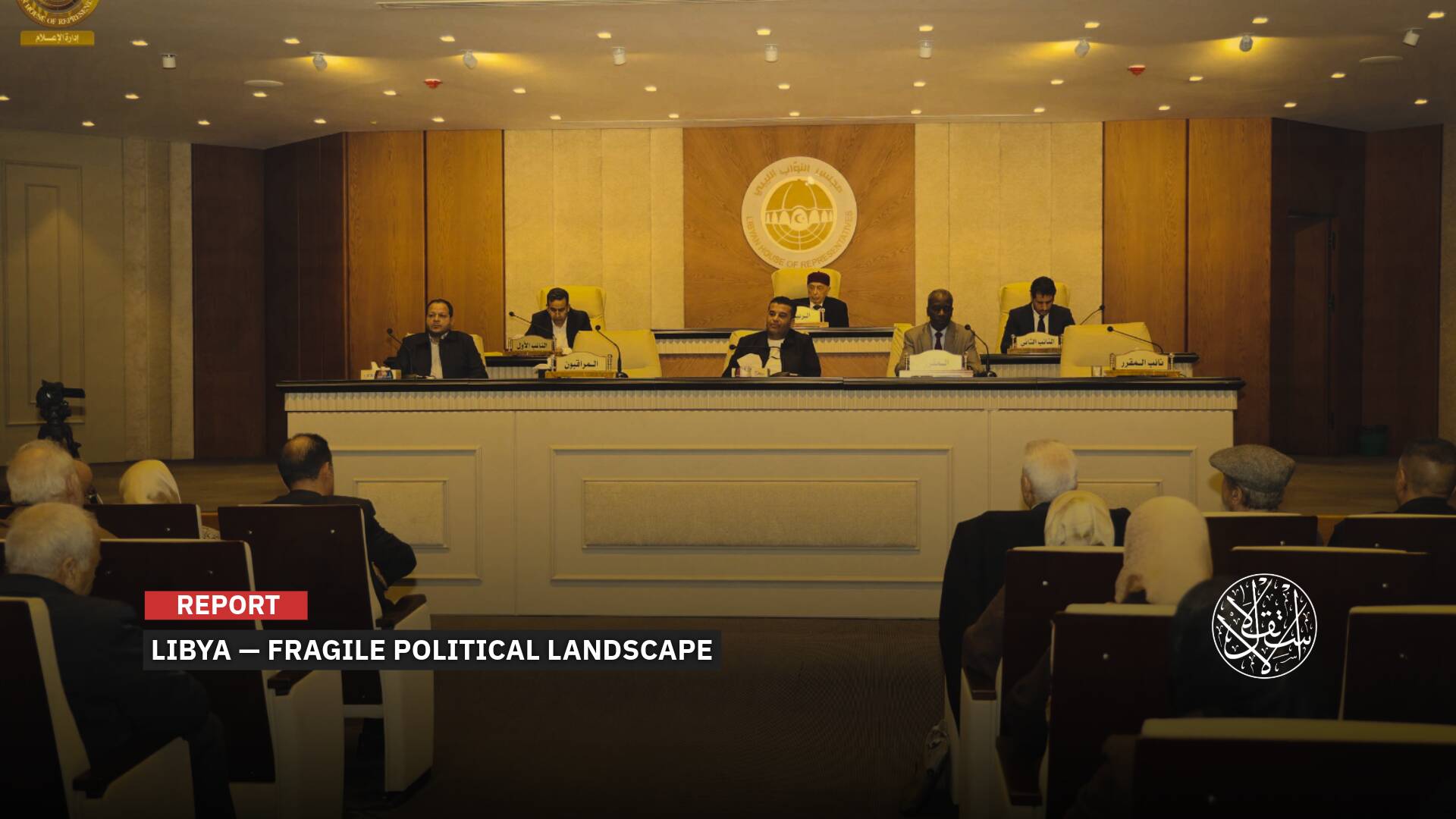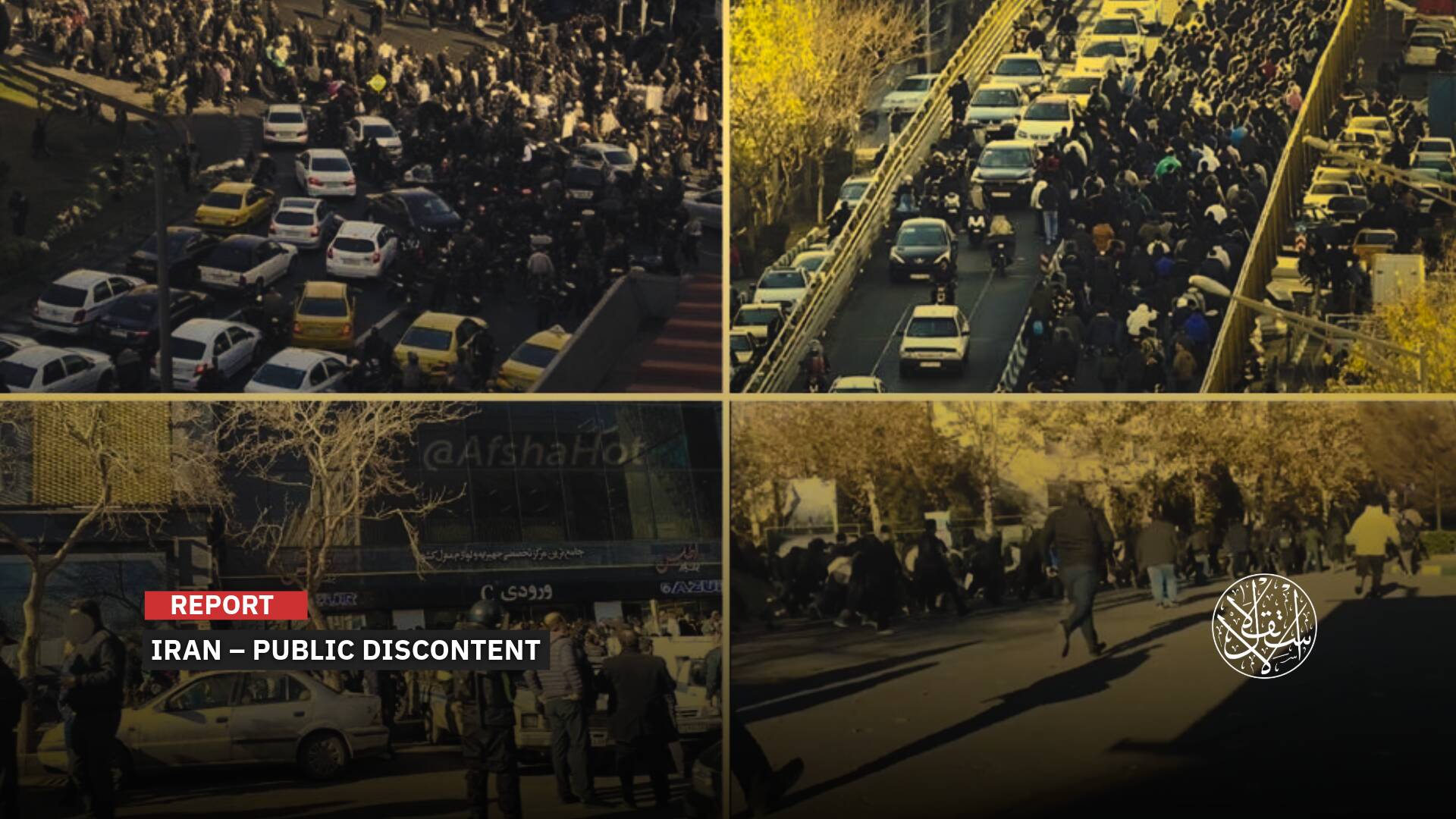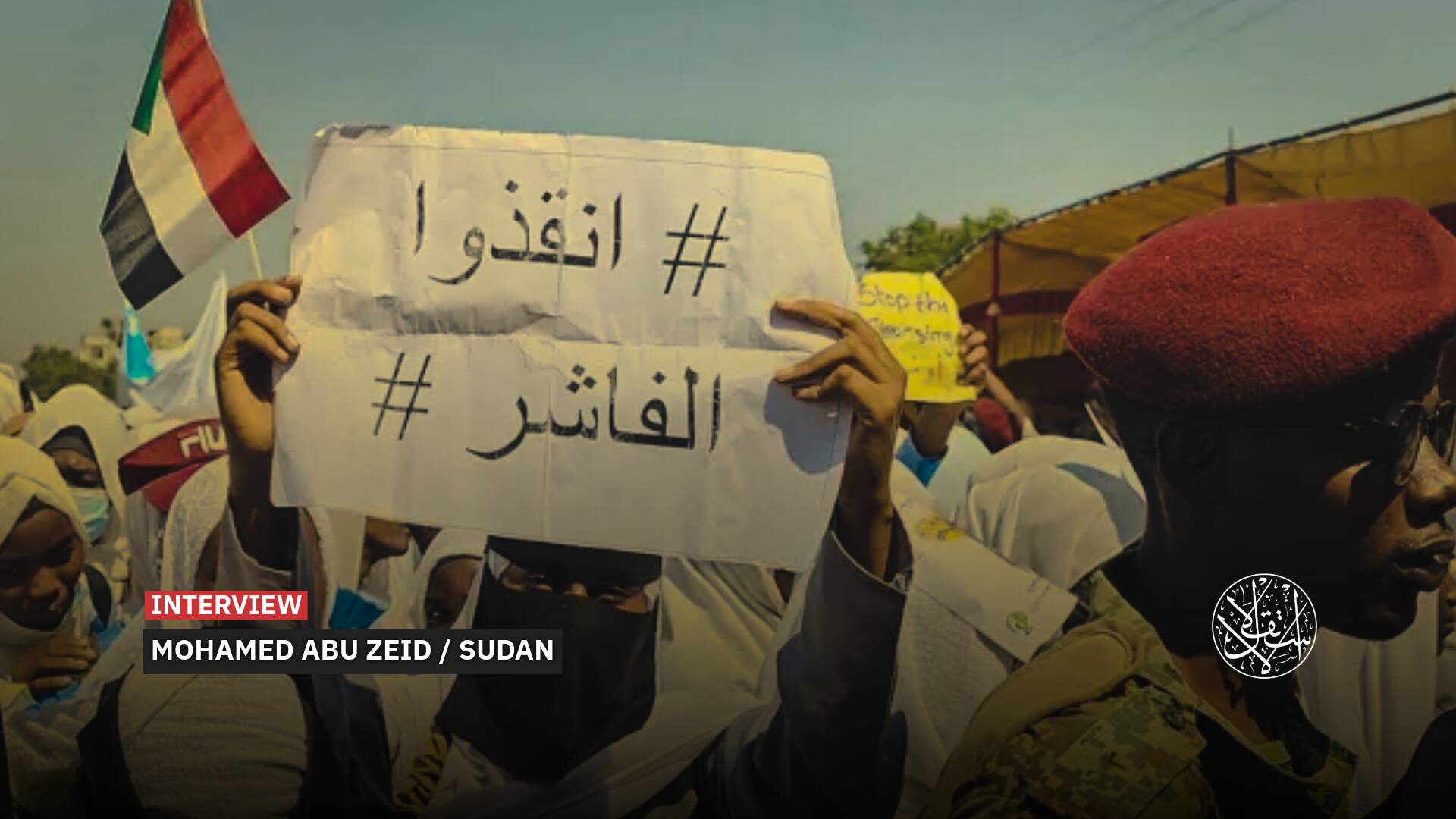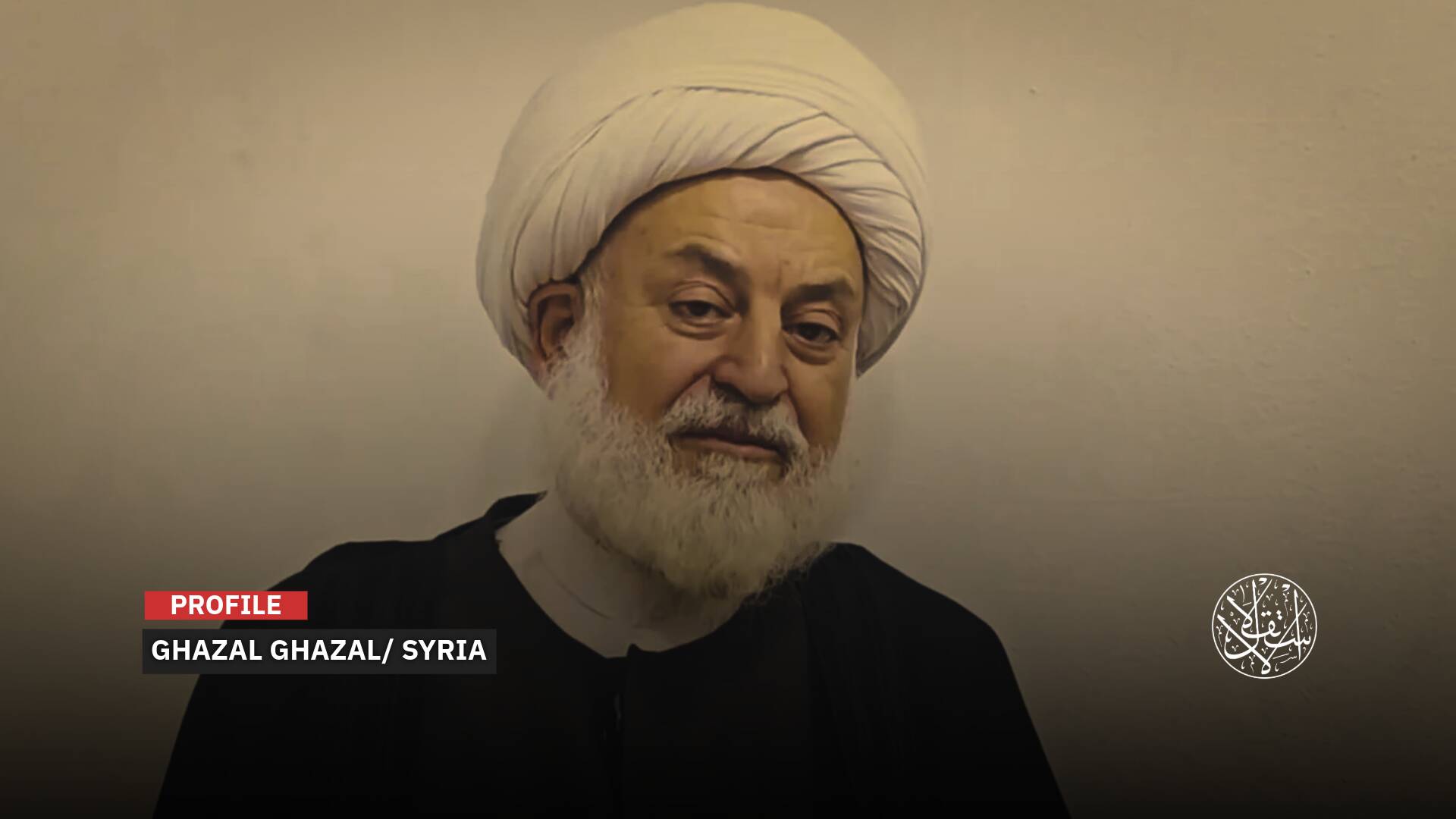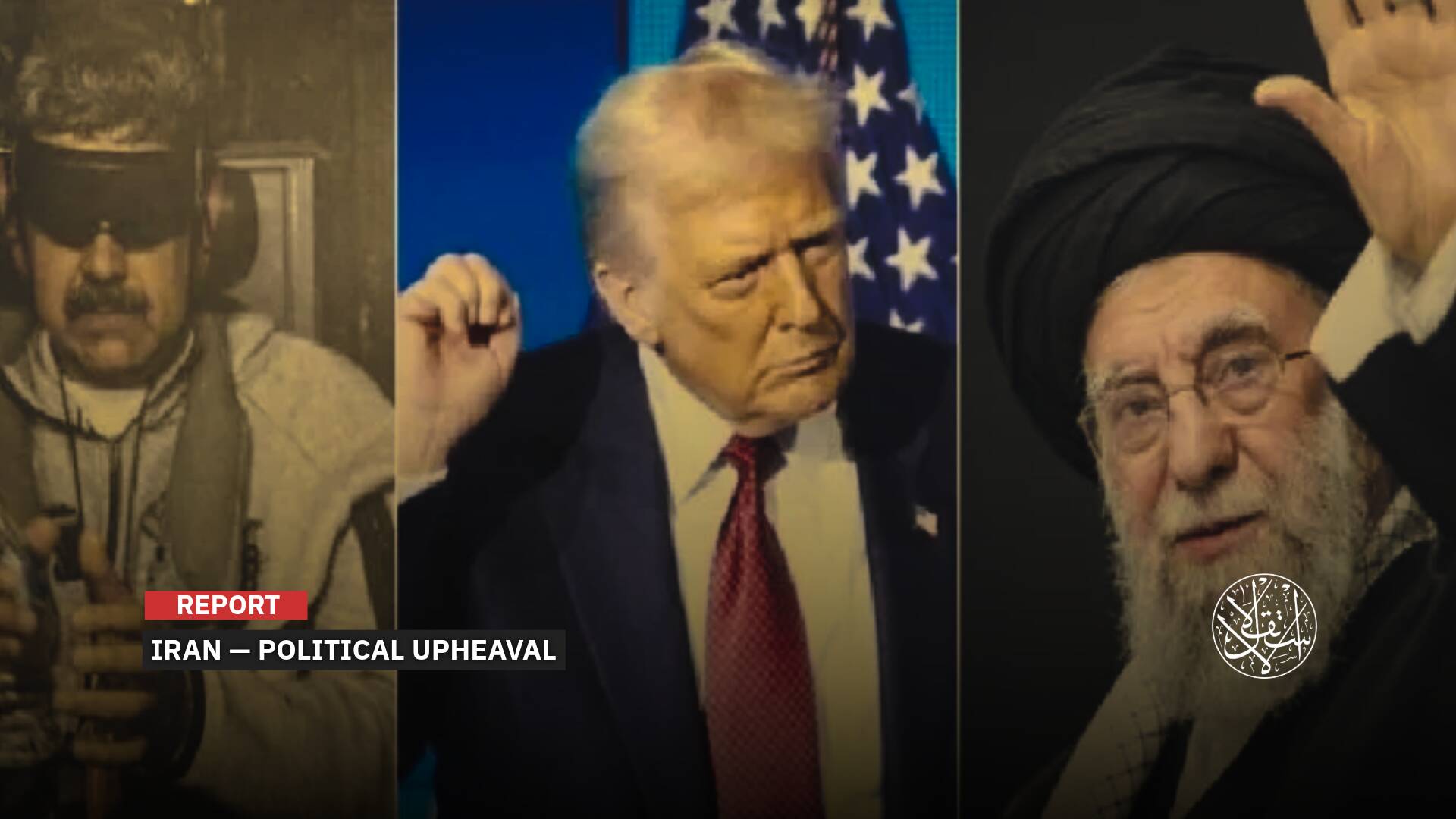International Isolation: How Palestine's Membership in the UN General Assembly Embarrassed 'Israel' and Its Allies

“On one hand, the U.S. expresses support for Palestinian statehood and on the other it blocks efforts in this regard.”
The United Nations General Assembly recently voted in favor of a draft resolution that strengthens Palestine's position as a state in the international community.
The draft resolution, which received the support of 143 members, against 9 members' objection and 25 abstentions, stated that Palestine qualifies for membership in the UN in accordance with Article 4 of the Charter, and therefore it should be accepted as a member of the UN.
The Palestinians currently have the status of a non-member observer state, which is effective recognition of a state by the UN General Assembly in 2012.
Since 1988, 139 out of 193 UN member states have recognized Palestinian statehood.
The recent vote raised questions again about the results of that step and the extent to which this is related to establishing the two-state solution, and whether the Palestinians can obtain full membership in the UN.
Political Settlement
On May 10, 2024, the UN General Assembly announced its support for the Palestinians' bid to gain full membership in the international organization after it recognized that they were now eligible to join it.
It also issued a recommendation to the UN Security Council to reconsider the matter in a positive manner.
Saudi Arabia welcomed the draft resolution, and called on the member states of the UN Security Council to exercise their historical responsibility and not oppose the moral and legal right of the Palestinian people.
On his part, the U.S. representative to the UN, Robert Wood, said that the result will not change if Palestine's request for full membership is presented again to the Security Council after the Assembly's recent resolution.
Wood stated in his speech before the General Assembly that the resolution does not change the status of the Palestinians as a non-member observer mission and does not grant it the right to vote, stressing that a Palestinian state will only be achieved through a process of direct negotiations between the parties.
The American official also stressed Washington's commitment to intensifying its engagement with the Palestinians and the rest of the region to advance a political settlement that paves the way for the establishment of a Palestinian state, followed by membership in the UN.
Last week, 25 Republican Senators proposed a bill to tighten restrictions and cut off funding for any entity that grants rights and privileges to the Palestinians.
In turn, the Israeli Occupation's representative to the UN, Gilad Erdan, in his speech in which he tore up the UN Charter, made scathing accusations against supporters of the Palestinian cause, claiming that voting in favor of the establishment of the State of Palestine means a return to Nazism.
Meanwhile, Israeli Foreign Minister Yisrael Katz described the UN General Assembly's resolution as a prize for Hamas.
On April 18, the U.S. prevented the Security Council from recognizing the Palestinians as a full member state in the UN General Assembly.
12 members of the Security Council voted in favor of granting the Palestinians full membership in the UN, while only Britain and Switzerland abstained from voting.
France, Japan, South Korea, and Slovenia all voted in favor of the resolution presented by Algeria, although none of them individually recognized a Palestinian state.
The U.S. move brought its growing isolation to the fore and a pledge to veto a new resolution demonstrates its hypocrisy.
On the one hand, the U.S. expresses support for Palestinian statehood, and on the other, it blocks efforts in this regard.

International Isolation
International newspapers highlighted the UN General Assembly's overwhelming vote in favor of Palestine's bid for full membership, and the issue of the Israeli Occupation's increasing international isolation, from trade to academia and diplomacy.
A report by The Guardian stated that the UN General Assembly's vote overwhelmingly to back Palestinian bid for membership constitutes a sign of the Israeli Occupation's growing isolation on the world stage.
"The result of the vote represents a clear expression of global public opinion's support for the establishment of a Palestinian state, driven by the continued bloodshed and widespread famine in Gaza as a result of the Israeli war," the report added.
"The global isolation that Israel faces, represented by talk of imposing sanctions from European capitals, which included Israeli organizations and individuals," it pointed out.
Pressure is also mounting in Europe to impose a trade ban on Israeli settlement products.
While Belgium threatened to impose economic sanctions on "Israel," Turkiye announced that it would stop all trade with "Israel" until the ceasefire.
In South America, a group of countries severed diplomatic relations or reduced the level of communications with "Israel," as Colombia became the second country in South America after Bolivia to sever relations.
At the same time, "Israel" is under investigation by the International Criminal Court (ICC), which is reportedly considering issuing arrest warrants against senior Israeli officials.
The International Court of Justice (ICJ) is investigating a complaint of genocide and incitement to commit it filed by South Africa against "Israel."
All of this also comes at a time when American and European universities are witnessing student protests against the practices of the Israeli Occupation in Gaza, demanding an end to the war machine and a condemnation of the aggression.

Worrying Indicator
On its part, Haaretz newspaper saw that the UN General Assembly vote, although a symbolic step, is for Israeli officials a worrying indicator from a diplomatic standpoint, even with the realization that the U.S. will not allow full membership for the Palestinians.
The Israelis' concern comes from the intention of many European countries to officially recognize the Palestinian state in the coming weeks, according to the newspaper.
On March 22, Spain, Ireland, Malta, and Slovenia said that they agreed to take the first steps toward recognizing the Palestinian state.
Several European countries have expressed their intention to recognize the State of Palestine, including France, whose President Emmanuel Macron said last February that recognizing a Palestinian state is no longer taboo for his country.
Haaretz also asked whether Israeli officials will continue to ignore the consequences of the Gaza war or change course.
The newspaper quoted headlines from international media outlets, including The Guardian, which published a headline saying: "Isolated abroad, divided at home," and Reuters, which wrote: "Six months into Gaza war, Israel faces deepening isolation."
It is noteworthy that the Israeli Occupation's allies recently issued several signals of condemnation regarding the war on Gaza, as the U.S. imposed sanctions on some settlers, while countries and the European Parliament voted on various measures calling on "Israel" to change its course.

The UN has long supported the vision of a two-state solution living side by side within secure and recognized borders.
The Palestinians want to establish a state in the West Bank and Gaza Strip, with East Jerusalem as its capital.
The Palestinians are represented by the Palestinian Authority, which exercises limited self-rule in the West Bank, and Hamas has run the Gaza Strip since 2007.
In previous statements, an Israeli diplomatic source revealed that the current Israeli government, headed by Benjamin Netanyahu, does not support the two-state solution.
It is noteworthy that Palestine's right as a state is established in Partition Resolution 181, issued in 1947, which stipulated the existence of two Jewish and Arab states.
The two-state solution is the only project available on the table of decision-makers at the UN, even though it has been frozen for several years.
In turn, Palestinian political analyst Ismail Maslamani explained in a statement to Al-Estiklal that "the clear majority vote expresses global solidarity with the rights of the Palestinian people and rejection of the Israeli war on Gaza, indicating that it is a historic and unprecedented decision, but not binding.
"The recent vote serves Palestinian diplomacy and embarrasses the Israeli Occupation. It is an indication of a change in the positions of many countries that did not vote in previous times in favor of establishing Palestinian states, and it may cast a shadow over the Security Council," he said.
Sources
- UN General Assembly presses Security Council to give ‘favourable consideration’ to full Palestinian membership
- UNGA expected to upgrade Palestinian statehood status
- Israel Is Already Becoming an International Pariah. Do Israelis Care?
- Israel’s isolation grows over war in Gaza and rise in settler violence



